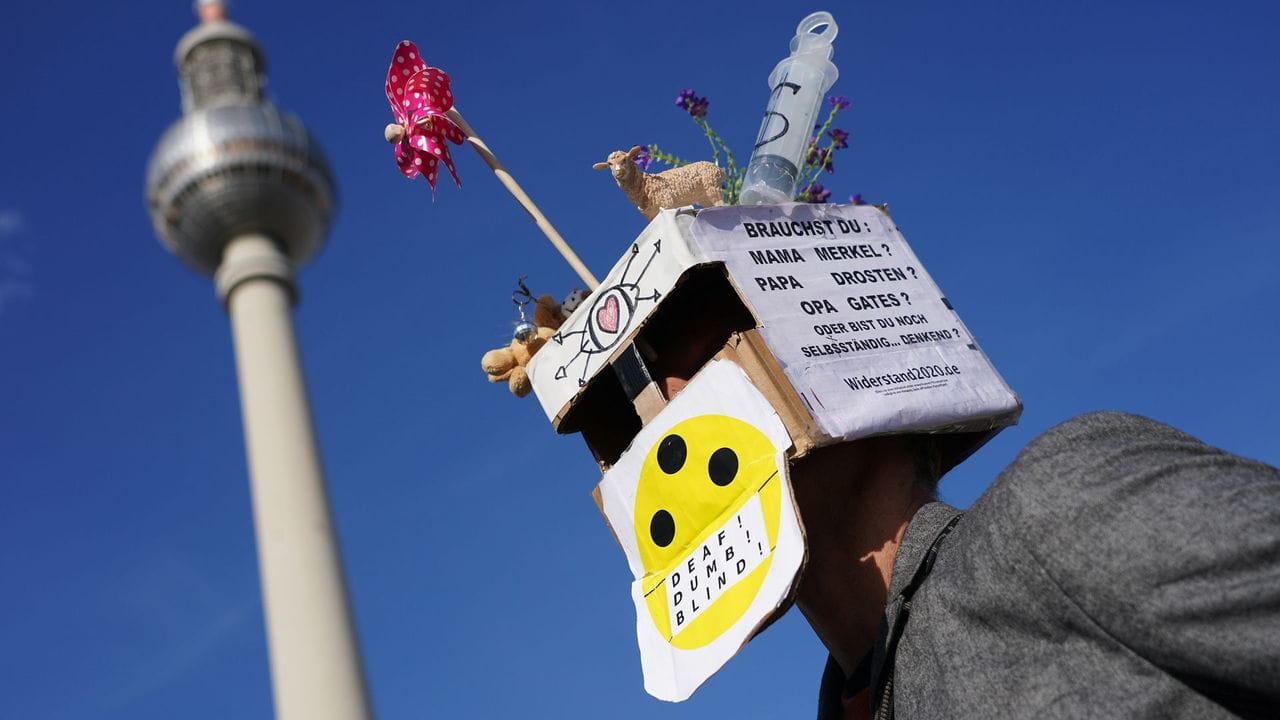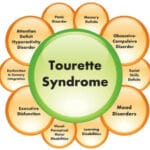Welcome to the extraordinary world of conspiracy theories, where logic and reason take a backseat to outlandish claims and shadowy narratives. From the moon landing being staged to shape-shifting reptiles ruling the world, the human imagination knows no bounds when it comes to weaving intricate tales of intrigue and deception.
Beyond Belief: What Crazy Conspiracy Theories People Still Swear By
Dive into the realm of some of the most prevalent and captivating conspiracy theories circulating today. From secret societies pulling the strings of power to mind control techniques and the possibility of simulated realities, these theories offer a glimpse into the depths of human imagination and the anxieties that shape our beliefs.
Could Our Own Governments Be Hiding Something Big?
The idea of governments, especially powerful ones, being masters of secrecy has fueled countless conspiracy theories.
- The Moon Landing Hoax: Some believe the 1969 moon landing was staged to assert American dominance over the Soviet Union during the space race. They point to perceived inconsistencies in NASA footage and photographs as evidence.
- The JFK Assassination: While the official story points to Lee Harvey Oswald as the lone gunman, many believe a more extensive cover-up involving multiple shooters and hidden agendas took place. This theory reflects anxieties about power, corruption, and the potential for hidden truths within government institutions.
Secret Societies Pulling the Strings?
Groups like the Illuminati and the Freemasons, shrouded in secrecy and ritual, have long been the subject of conspiracy theories.
- The Illuminati: This elusive group is often accused of seeking to establish a “New World Order” through their influence on governments, financial systems, and even popular culture.
- The Freemasons: This fraternal organization, with its secret handshakes and rituals, is often linked to the Illuminati and accused of similar goals of global control and manipulation.
Ancient Predictions and the Future
Ancient texts, often cloaked in symbolism and open to interpretation, have inspired numerous conspiracy theories about the end of the world and the forces that shape our destiny.
- The Mayan Calendar: The end of the Mayan calendar cycle in 2012 sparked fears of a global apocalypse or a profound transformation of consciousness.
- The Book of Revelation: This biblical text, filled with vivid imagery of the end times, has been interpreted by some as a roadmap to future events, including a final battle between good and evil and the rise of a one-world government.
Faith and Conspiracy: A Complicated Mix
The intersection of religious beliefs and conspiracy theories has given rise to some of the most intriguing and controversial narratives.
- Vatican Secrets: Some believe the Vatican possesses hidden knowledge about extraterrestrial life, ancient artifacts, or even time travel, keeping this information from the public to maintain its power and control.
- Biblical Codes: The idea that the Bible contains hidden codes and messages predicting future events has fascinated scholars and conspiracy theorists alike. Some use complex mathematical formulas to search for these hidden messages, claiming they reveal divine prophecies about the end times or significant historical events.
Unmasking the Absurd: Diving Deep into Outlandish Conspiracy Theories
While some conspiracy theories focus on historical events or secret societies, others delve into the realm of the truly bizarre. These outlandish ideas, often rooted in science fiction or fringe beliefs, capture our imaginations while challenging the boundaries of what we consider possible.
Mind Control: Are Our Thoughts Really Our Own?
The fear of losing control over our own minds is a powerful one, and conspiracy theories about mind control tap into this primal anxiety.
- Subliminal Messaging: This theory suggests that governments or corporations embed hidden messages in advertising or media to manipulate our subconscious desires and influence our behavior.
- HAARP (High-Frequency Active Auroral Research Program): Some believe this research facility, designed to study the ionosphere, is actually a weapon capable of controlling weather patterns or even beaming thoughts directly into our brains.
Simulated Realities: What If This Isn’t the Real World?
The simulation hypothesis, popularized in science fiction, proposes that our reality is actually a sophisticated computer simulation created by a more advanced civilization.
- The Matrix: This popular film franchise brought the concept of simulated realities into the mainstream, exploring the philosophical implications of living in a computer-generated world.
- Elon Musk’s Take: Even tech entrepreneur Elon Musk has expressed his belief that there’s a high probability we’re living in a simulation, citing the rapid advancement of technology as evidence.
The Psychology Behind Conspiracy Theories: Why Do People Believe?
The allure of conspiracy theories lies in their ability to provide simple explanations for complex events, offering a sense of control and understanding in a world that often feels chaotic and unpredictable.
- Confirmation Bias: Our tendency to seek out and interpret information in a way that confirms our existing beliefs plays a significant role in the persistence of conspiracy theories.
- Pattern Seeking: Humans are wired to find patterns, even when none exist. Conspiracy theories exploit this tendency, connecting seemingly unrelated events into a grand narrative that suggests a hidden order.
- Distrust in Authority: Skepticism towards governments, media, and experts creates fertile ground for alternative explanations and narratives that challenge established truths.
The Impact of Conspiracy Theories: How Beliefs Shape Our World
While some conspiracy theories might seem harmless, the uncritical acceptance of misinformation and unfounded beliefs can have real-world consequences, influencing everything from public health decisions to political discourse and social cohesion.
- Erosion of Trust: Conspiracy theories thrive on distrust, often targeting government institutions, scientific consensus, and media narratives. This erosion of trust can have far-reaching consequences, making it difficult to address societal challenges effectively.
- Spread of Misinformation: In the age of social media, conspiracy theories can spread rapidly through online echo chambers, reaching millions of people and shaping public opinion on a global scale. This spread of misinformation can have serious consequences, influencing elections, undermining public health initiatives, and fueling social unrest.
- Real-World Violence: In some cases, belief in conspiracy theories has been linked to real-world violence. For example, the QAnon conspiracy theory, which claims that a cabal of Satan-worshipping pedophiles is running a global child sex-trafficking ring, has been cited as a motivating factor in several violent incidents.
Navigating the Labyrinth: Critical Thinking in a World of Conspiracy
In a world awash in information, it’s more important than ever to cultivate critical thinking skills, question our own biases, and seek out reliable sources. Engaging in respectful dialogue, even with those who hold different beliefs, is crucial for fostering understanding and bridging divides.
Remember, the truth, while perhaps less exciting than a good conspiracy theory, is what ultimately helps us understand the complexities of the world around us and make informed decisions about the future.
- Dive into the legendary famous sayings about Magellan and the Philippines that have shaped the nation’s history and identity.
- Stay prepared with an apocalyptic farmer outfit that will keep you protected and ready for anything the end times may bring.
- Discover the best layout for a fallout shelter to create a safe and secure haven for you and your family in case of an emergency.
- Unleash your inner flapper with outfits for the roaring 20s that will transport you back to the glamorous era of jazz and prohibition.
- Experience the joy and nostalgia of Wham-O frisbee, a classic game that has brought countless hours of outdoor fun for generations.
- Beat boredom on long flights with diversions on a long flight from NYT, offering a wide variety of engaging activities to make your journey pass by in a flash.
- Unveiling the Enigma: Mansoureh Khojasteh Bagherzadeh’s Public Appearances & Private Life in Iran - July 18, 2025
- Unveiling the Mystery: Mansoureh Khojasteh Bagherzadeh’s Husband: A Rare Glimpse into a Private Life - July 18, 2025
- Unveiling Masoud Khamenei’s Mother: Power, Influence, and Iran’s Future - July 18, 2025

















1 thought on “Unraveling the Absurd: The Craziest Conspiracy Theories Gripping the World”
Comments are closed.